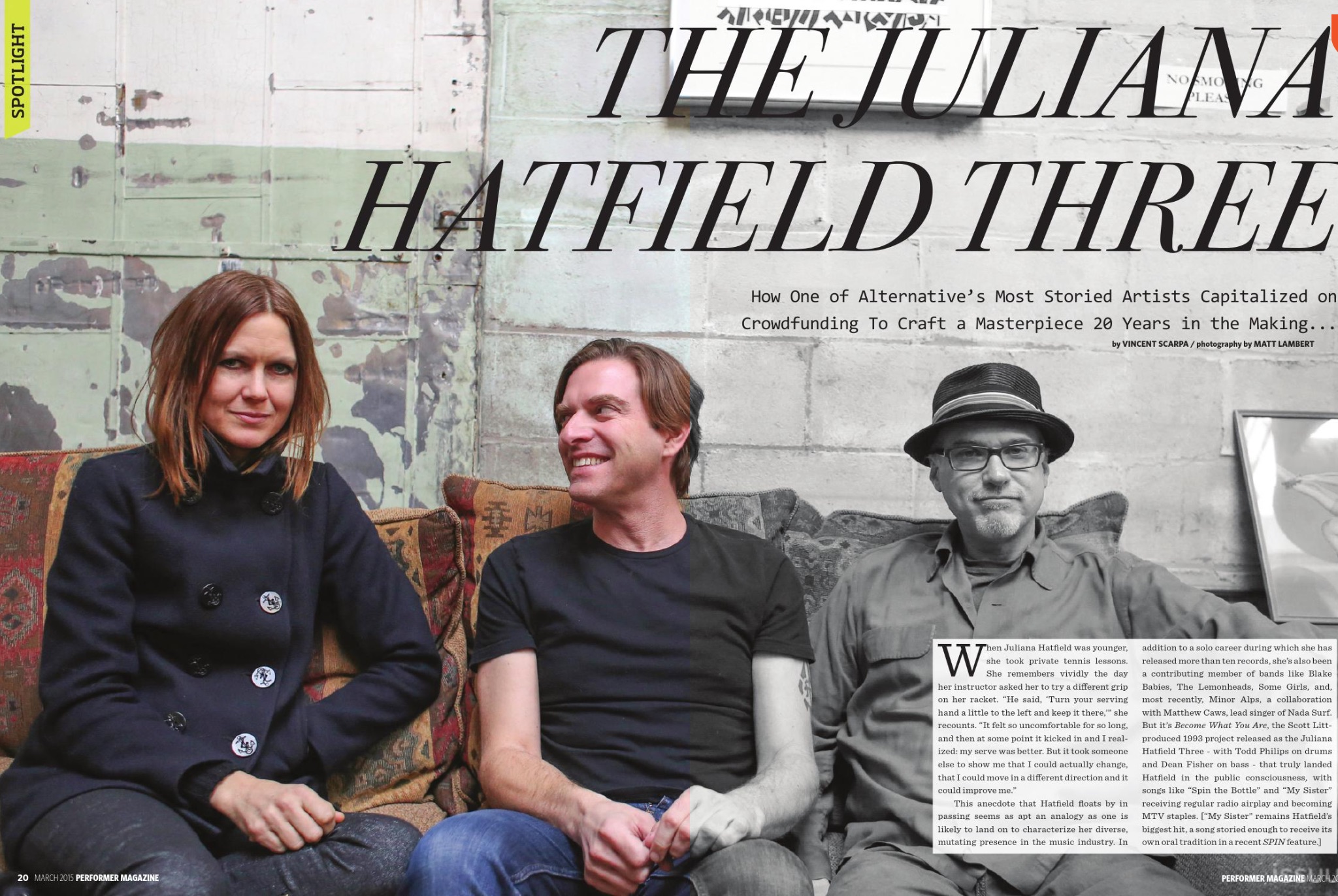An interesting Q&A with Juliana by Keith Valcourt for The Washington Times, despite being festooned with adverts and 'click here to read another two sentences' horrors, ends with talk of projects old and new:
Q: A couple of years back there was an attempt at a Lemonheads reunion CD. Why did that fail?
A: Evan and I went out to LA, and Ben Deily, who was in the original Lemonheads, was there too. We went to Ryan Adams’ studio, [and] he was going to play drums. But we had to pull the plug after the first day because Evan wasn’t in any shape to do it. He wasn’t prepared either. He didn’t have any songs. It was a kind of a disaster.
Q: What else are you working on musically?
A: I’m doing some writing with another songwriter, but I don’t want to name any names right now. But I’m going to try to write some songs with another songwriter [as well].
























